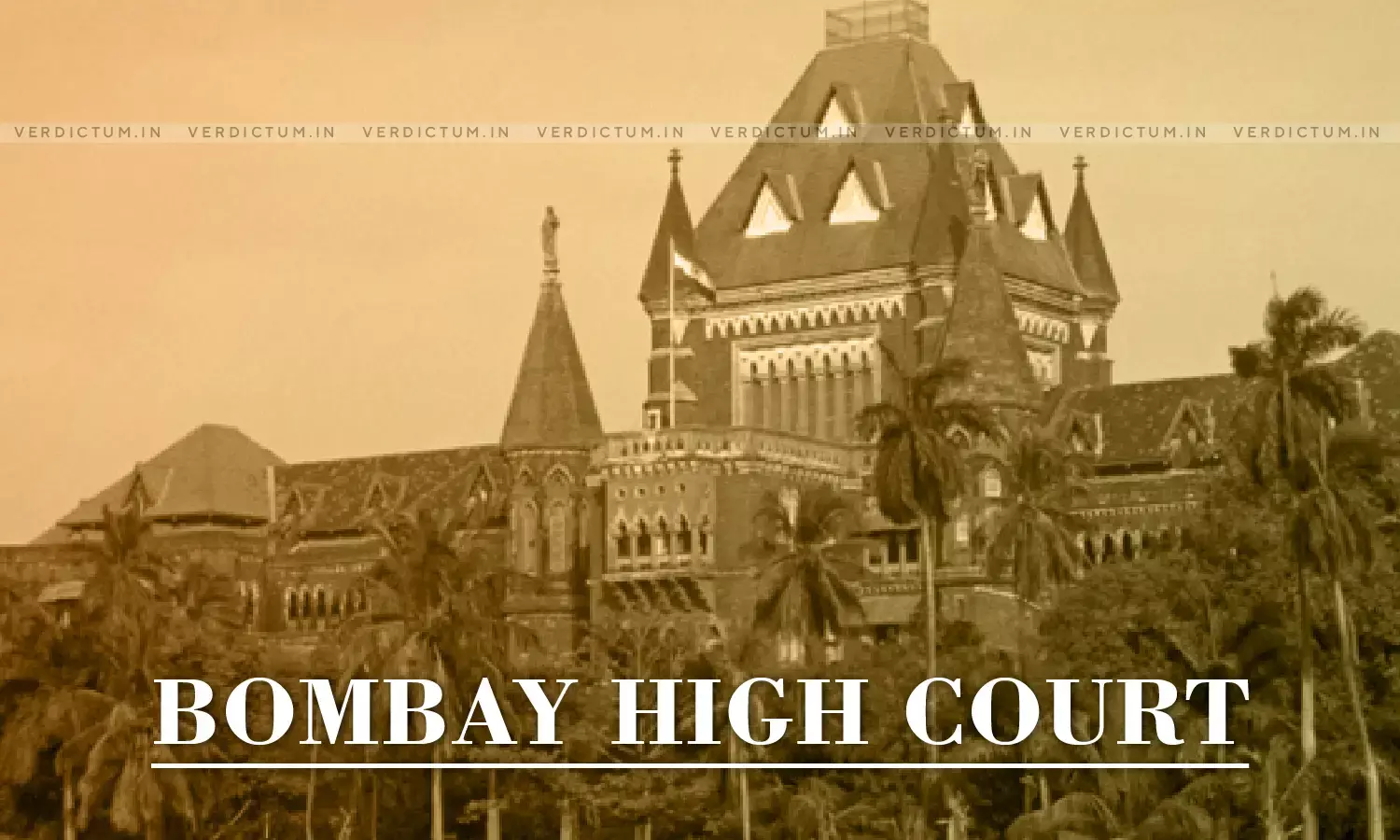Death Occurred Due To Stress And Strain During Employment - Bombay HC Holds Employer Liable For Death Due To Heart Attack
A Bombay High Court Bench of Justice N.J. Jamadar while setting aside the order of the Commissioner of Employees Compensation held in the case of a workman who died due to a heart attack that if a workman died on account of stress and strain due to the nature of his duties, the employer will be held liable to pay compensation to the family of the deceased.
The Appellants preferred an appeal against the order passed by the Commissioner, who refused to grant compensation to the family of the deceased workman on the ground that the death of the deceased did not occur during the course of employment with the Respondent.
No Substantial Question of Law-
The Counsel for the Respondent contended that since there was no substantial question of law in the appeal, as is required as per the proviso to Section 30(1) of the Employees Compensation Act, the appeal ought not to have been entertained when it was filed in 2007.
Dismissing this contention, the Court held that even though while admitting this appeal in 2007, this Court did not frame any substantial question of law, that alone that does not preclude this Court from considering the submissions to ascertain as to whether this is a substantial question of law, which warrants determination in this appeal, even at this stage. A substantial question of law can be reformulated.
Employer-Employee relationship-
The Commissioner quoted contradictory findings in his order. He first held that as per the material placed on record, the employer-employee relationship was established, but later while considering the entitlement for compensation, he held that the same was not proved.
This somersault gave rise to a substantial question of law as to whether the Commissioner was justified in dismissing the application on the count that no such relationship was established.
Thus, the Court agreed to entertain the appeal.
The High Court noted that the deceased had left from Mumbai to Ranchi and, on the day of death, the deceased was on his way back to Mumbai from Ranchi, and 17 to 18 days period had lapsed since the deceased had left Mumbai. This factor was not properly appreciated by the learned Commissioner
The Court further made a reference to the case Shakuntala Chandrakant Shreshti vs. Prabhakar Maruti Garvali and another and held, "...the deceased was stated to be working as a cleaner. The nature of the said employment, which was essentially of a helper to the driver, was held to be not per se such onerous as to cause stress or strain. This distinguishing feature, in my considered view, was lost sight of by the learned Commissioner."
Relying on the Supreme Court decisions in Param Pal Singh through Father vs. National Insurance Company and another and Subhadrabai w/o Ganpatrao Suryawanshi (died) per LRs Aruna d/o Ganpatrao Suryawanshi vs. Maharashtra State Road Transport Corporation and others, the Court, "Since the deceased had been working for long hours, the distance was long and there was no spare driver, the death of the deceased could be attributed to stress and strain associated with the long-distance driving for almost 18 days in trying circumstances."
The Court stated, "Any other view would defeat the beneficial object of Section 3 of the Employees Compensation Act, 1923."
The Court thus allowed the appeal and directed the Respondents to deposit the compensation amount and imposed a penalty of Rs. 25,000.
Click here to read/ download the Judgment




